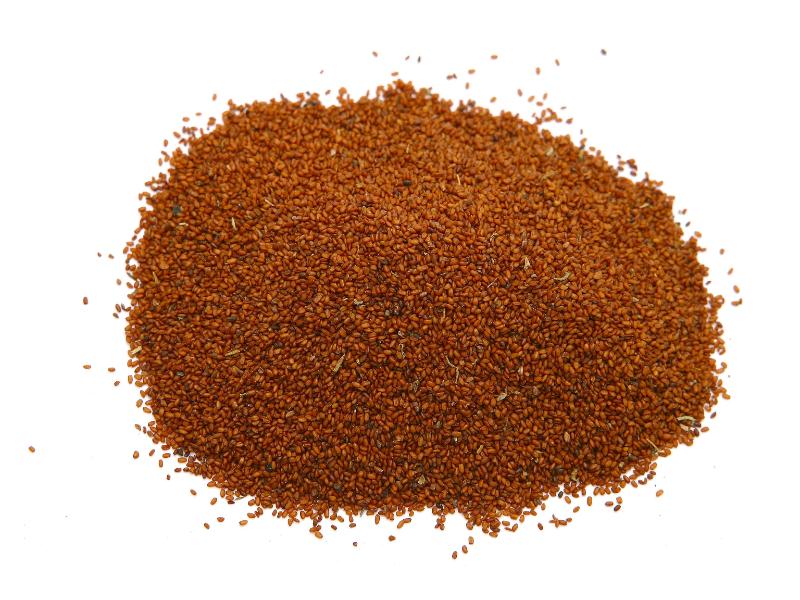Search in medicinals
Lepidii/Descurainiae Semen
Lepidium/descurainia
葶苈子 〔葶藶子〕 tíng lì zǐ

Alternate English names: descurainia/lepidium [seed]
Alternate Chinese names: 葶苈 tíng lì
Kingdom: Plant
Origin in PRC Pharmacopoeia: Lepidium apetalum Willd.; Descurainia sophia (L.) Webb. ex Prantl. (PRC Pharmacopoeia)
Origin in unofficial sources: Lepidium apetalum Willd.*; Lepidium virginicum L.; Descurainia sophia (L.) Webb ex Prantl*; Lepidium latifolium L.; Lepidium ruderale L.; Erysimum cheiranthoides L.; Draba nemorosa L. var. hebecarpa Ledebour
Use: Medicinal
Category: Phlegm-transforming cough-relieving panting-calming agents / Cough-relieving panting-calming agents
Properties: Bitter, acrid; very cold.
Channel entry: Lung and bladder channels.
Actions and indications:
- Drains the lung and calms panting: Patterns of exuberant phlegm-drool with cough and panting that prevent the patient from lying flat.
- Disinhibits water and reduces swelling: Repletion-pattern water swelling with water accumulating in the chest and abdomen and inhibited urination; chest bind; suspended rheum (hydrothorax; ascites).
Dosage and method: Oral: 4.5–9g in decoctions; use in pills and powders. Topical: Decoct as a wash; grind to a powder and apply mixed.
Warnings: Tíng lì zǐ is only appropriate for repletion patterns and easily damages right qì. It is contraindicated in lung vacuity with hasty panting, spleen vacuity with swelling and fullness, and inhibited urination from bladder qì vacuity.
Notes: Běi tíng lì zǐ 北葶苈子, literally northern tíng lì zǐ,
is Lepidii Semen, lepidium [seed]. It is also known as kǔ tíng lì zǐ (苦葶苈子 bitter tíng lì zǐ). It is bitter in flavor and has a powerful water-draining action; it more easily damages the stomach. Nán tíng lì zǐ 南葶苈子, literally southern tíng lì lǐ,
is Descurainiae Semen, descurainia [seed]. It is also referred to by the name tián tíng lì zǐ (甜葶苈子 sweet tíng lì zǐ). It is sweet in flavor and has a more moderate water-draining action than běi tíng lì zǐ. It drains the lung without damaging the stomach.
Quality: Evenly sized solid, light brown seeds without extraneous matter are the best.
Production area: Northern tingli (lepidium): Produced mainly in Manchuria, Héběi, Inner Mongolia, but also in more southerly regions too. Southern tingli (descurainia): Jiāngsū, Shāndōng, ānhuī.
Back to search result Previous Next